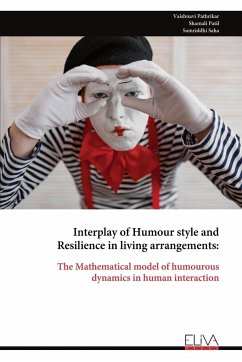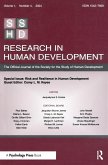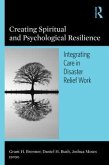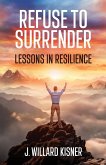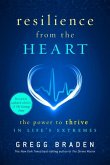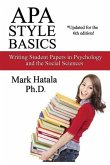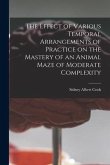The Book delves in depth connection between humor styles and resilience in university students, distinguishing between those in hostels and off-campus housing. Humor and resilience are vital for mental well-being, and understanding how they interact can offer insights into students' psychological health. Using a correlational approach, the research explores how various humor styles relate to resilience levels in a diverse student population aged 18 to 25. Participants completed self-report measures, including the Humor Style Questionnaire (HSQ) and the Connor-Davidson Resilience Scale (CD-RISC), providing quantitative data on humor preferences and resilience. The HSQ identifies four humor styles: affiliative, self-enhancing, aggressive, and self-defeating, while the CD-RISC measures the ability to rebound from adversity and adapt positively to challenges. These findings can inform interventions by educators and counselors to promote a positive psychological climate among students. Moreover, the study contributes to understanding the psychological well-being of students in different living arrangements. The correlational analysis offers insights into the complex relationship between humor styles and resilience, potentially guiding targeted interventions to support students' mental health in higher education settings.
Hinweis: Dieser Artikel kann nur an eine deutsche Lieferadresse ausgeliefert werden.
Hinweis: Dieser Artikel kann nur an eine deutsche Lieferadresse ausgeliefert werden.

